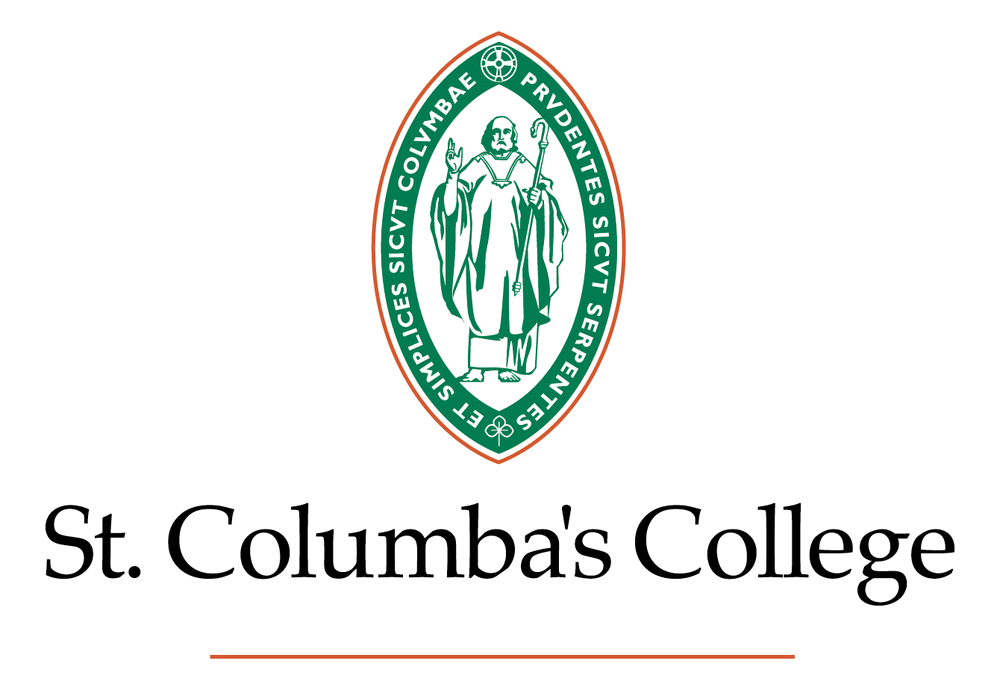On Sunday, May 31st, St. Columba’s College was contacted by a former pupil of the College, who bravely shared her experiences of racism while attending the school. Her actions motivated other people, both former and current pupils, to share similar experiences. We thank them for having the courage to bring these matters to our attention.
The Board and Management of St. Columba’s College is taking these matters very seriously and has taken, and continues to take, a number of steps to address and respond to the issues raised. In the first instance, in June of this year, the College established an independent review to consider the issues raised by the pupils and former pupils and specifically how systemic racism, as alleged, could be avoided, such that diversity and inclusion are fostered and maintained in the College and, importantly, to make appropriate recommendations arising out of the review.
The aim of the review, based on submissions made by a number of former pupils and parents, as well as interviews with staff, was not to challenge or interrogate the facts or to pass judgment on individuals, but rather to use the past to inform the future and to make recommendations for how issues and concerns could be handled better.
This review has now been completed and the College has received a comprehensive report. The College accepts the findings of the report and welcomes the honest and robust analysis of the past contained within it. It thanks the author for the time invested in the production of this valuable piece of work and for the sensitive manner in which she facilitated the raising and discussing of these important issues. The College accepts that, as has been raised in the report and the recommendations, there is a need for greater understanding when dealing with matters of racism. St. Columba’s is a school with a large international contingent, that prides itself on its pastoral care, and where people have felt let down, it accepts its responsibility.
The completion of the review is only the beginning of what will be a long journey of education, awareness-raising and change. The College is committed to that journey. The report contains a substantial number of recommendations for the College to implement as it seeks to learn from the past by improving responses and procedures in the future. The College plans to immediately put in place a Working Group comprised of staff, pupils, parents and board members who will take the review, its findings and its recommendations, and develop it into a roadmap for change.
Mark Boobbyer, Warden of St. Columba’s College said: “The College wishes to thank all those who contributed to the review and who participated in interviews. With the completion of the report, we now have clear guidance and direction on what we need to do in order to make the future better for all members of the Columba’s community.
“I also want to apologise to all pupils, both past and present, who feel let down by the manner in which we have addressed incidents of racism in the past. I specifically want to apologise to the two former pupils who first brought these matters to our attention. Their courage in sharing their experiences with the school has led us to do a lot of soul-searching and ensured that we will learn from the past in order to build a more inclusive school for all our students.
“This has been a difficult experience for the College but the Board of Management and the Fellows of the College are determined that the lessons learned, and the difficult conversations of recent months, will help to shape the College’s future.”




